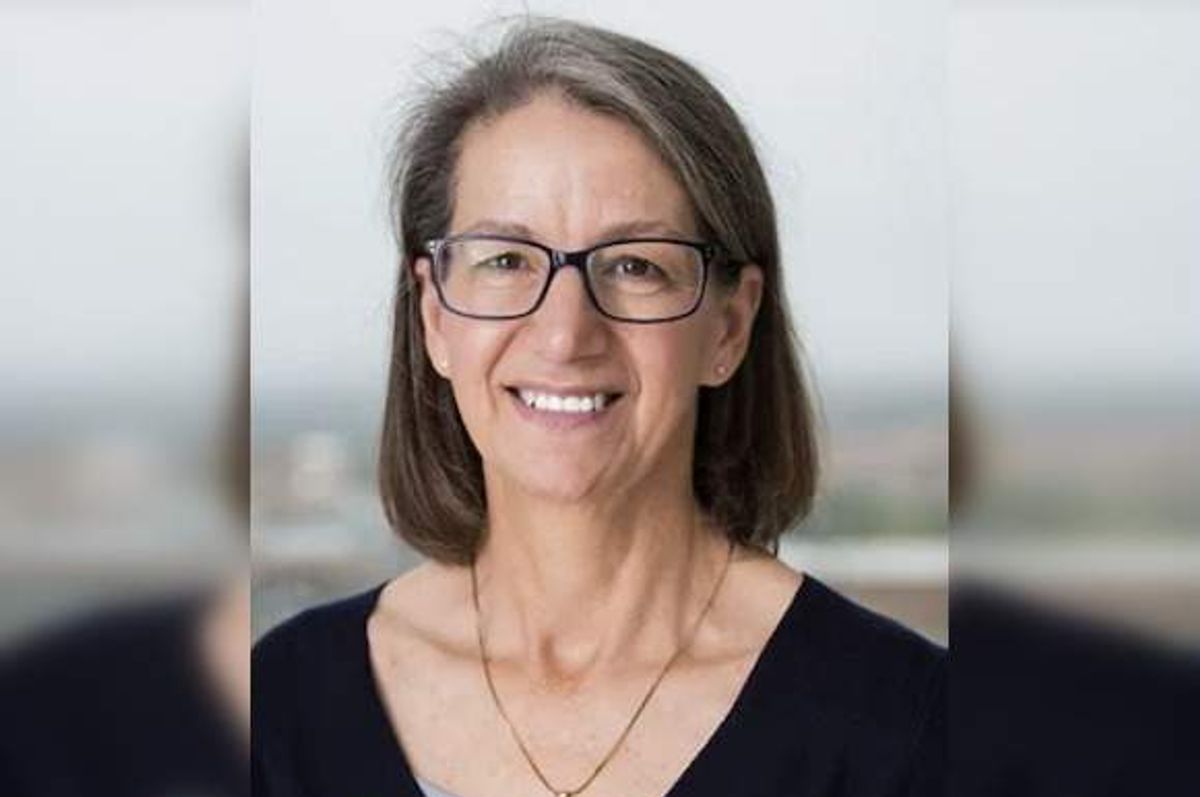The Biden-Harris administration is deploying $150 million as a part of its Cancer Moonshot initiative, and a research team led by Rice University is getting a slice of that pie.
AccessPath is a novel, affordable, slide-free pathology system that helps surgeons determine if they have completely removed tumors during surgery. Rebecca Richards-Kortum, a Rice bioengineering professor and director of the Rice360 Institute for Global Health Technologies, is the lead PI on the project that is receiving up to $18 million over five years from the Advanced Research Projects Agency for Health (ARPA-H).
“Because of its low cost, high speed, and automated analysis, we believe AccessPath can revolutionize real-time surgical guidance, greatly expanding the range of hospitals able to provide accurate intraoperative tumor margin assessment and improving outcomes for all cancer surgery patients,” Richards-Kortum says in a news release.
The project is focused on two types of cancer, breast and head and neck cancer, and Ashok Veeraraghavan, chair of Rice’s Department of Electrical and Computer Engineering and a professor of electrical and computer engineering and computer science, is a co-PI and Tomasz Tkaczyk, a professor of bioengineering and electrical and computer engineering at Rice, is also a collaborator on the project.
AccessPath is addressing the challenge surgeons face of identifying the margin where tumor tissue ends and health tissue begins when removing tumors. The project not only hopes to provide a more exact solution but do so in an affordable way.
“Precise margin assessment is key to the oncologic success of any cancer operation,” adds Dr. Ana Paula Refinetti, an associate professor in the Department of Breast Surgical Oncology at The University of Texas MD Anderson Cancer Center and one of the lead surgeons PIs on the project. “The development of a new low-cost technology that enables immediate margin assessment could transform the landscape of surgical oncology — particularly in low-resource settings, reducing the number of repeat interventions, lowering cancer care costs and improving patient outcomes.”
The project optimizing margin identification with a fast-acting, high-resolution microscope, effective fluorescent stains for dying tumor margins, and artificial intelligence algorithms.
AccessPath is a collaboration between Rice and MD Anderson Cancer Center, other awardees in the grant include the University of Texas Health School of Dentistry, Duke University, Carnegie Mellon University and 3rd Stone Design.
“AccessPath is exactly the kind of life-changing research and health care innovation we are proud to produce at Rice, where we’re committed to addressing and solving the world’s most pressing medical issues,” Ramamoorthy Ramesh, Rice’s executive vice president for research, says in the release. “Partnering with MD Anderson on this vital work underscores the importance of such ongoing collaborations with our neighbors in the world’s largest medical center. I am thrilled for Rebecca and her team; it’s teamwork that makes discoveries like these possible.”

- Houston startup scores $12M grant to support clinical evaluation of cancer-fighting drug ›
- Seattle biotech co. to move to Houston thanks to $13.3M grant from Texas organization ›
- 3 Houston cancer-focused research projects receive seed grants from new innovative initiative ›
- University of Houston lab reports breakthrough in cancer-detecting technology ›
- Houston health care leaders announce new hub for cancer-fighting bioengineering ›
- Rice researchers score $45M from NIH for cancer-fighting tech ›
